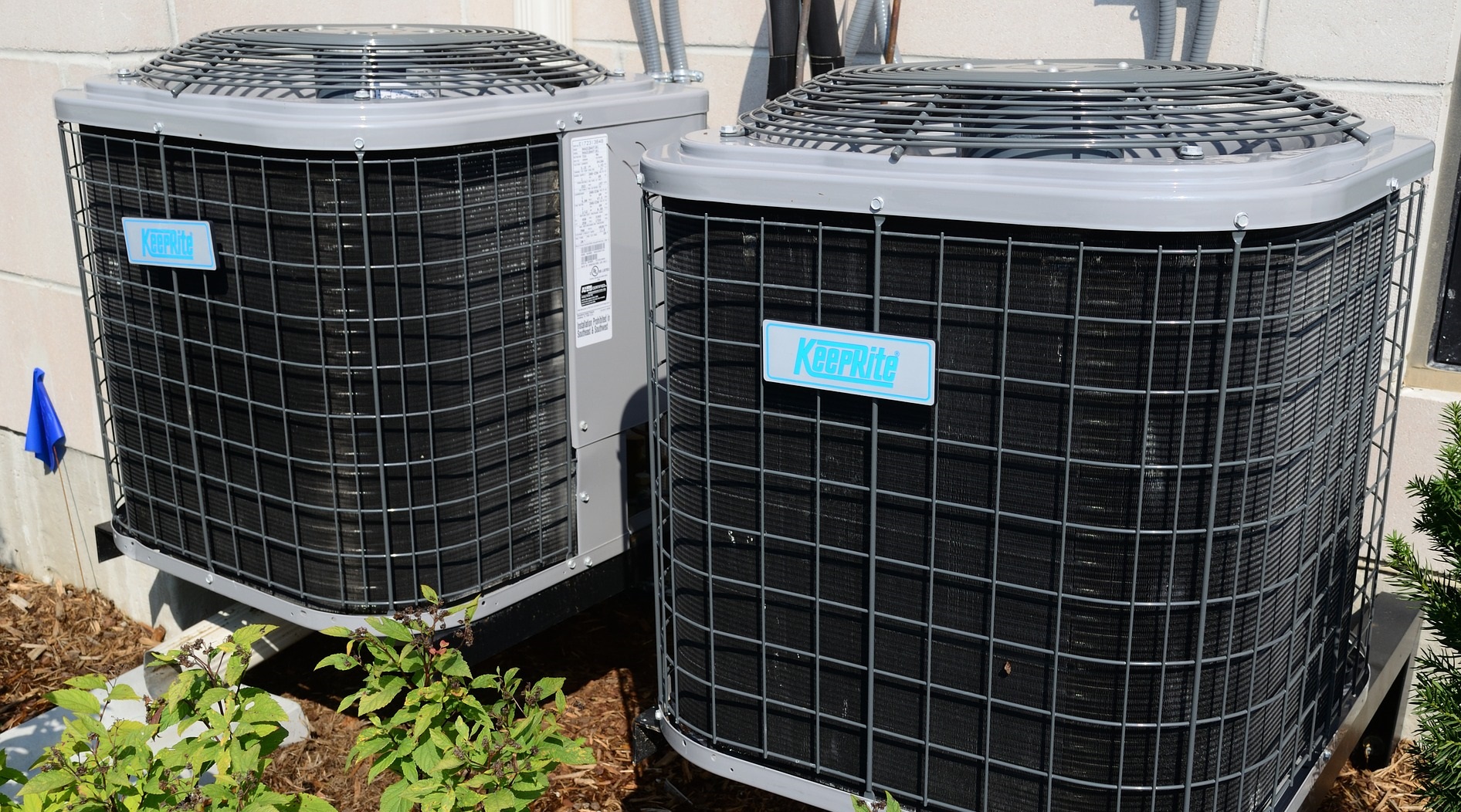
Before you choose an energy efficient cooling system, you should perform an air conditioner comparison in order to ensure you purchase the best system. Doing comparison shopping is a necessity when you’re in the market for a new system.
Just as there are considerations that can perk up your car’s efficiency, there are ways of improving your air conditioning system’s energy efficiency as well. Do an air conditioner comparison before buying one.
There are certain things to be considered before selecting an air conditioner. Room air conditioners are the first type. Room air conditioners do room cooling rather than the whole house, so while they may be less efficient in terms of energy loss, they are cheaper to function than extensive central air systems. Those living in smaller homes and apartments can be quite relaxed with simple room air conditioners, but those living in larger homes will naturally need something more substantial.
The process of central air conditioning passes cool air through ductwork. There are two kinds of systems, split and packaged. Split system units come with the condenser and compressor housed inside a metal casing which is installed outside while the inside cabinet houses the evaporator.
If the home already has a furnace, but doesn’t have an air conditioner, this system will be the most economical because there will usually be a furnace or indoor part of the heat pump in an indoor cabinet. The evaporator, compressor, and condenser of a packaged central air conditioner are all located in the same cabinet. In order to eliminate the need for a separate furnace, some will even contain a natural gas furnace or an electric heating coil.
As you might believe, larger air conditioners use more energy than smaller ones, so selecting a system that is sized suitably for your home will keep your energy costs in check. Before deciding how large your air conditioner should be, try to assess some things like how large of a home you have and how many windows does it have?
Are your windows, walls and ceiling nicely insulated? How much shade covers up your home and how much heat do your appliances generate? Clearly evaluating your energy needs will help you make an informed decision at the time of purchase.


